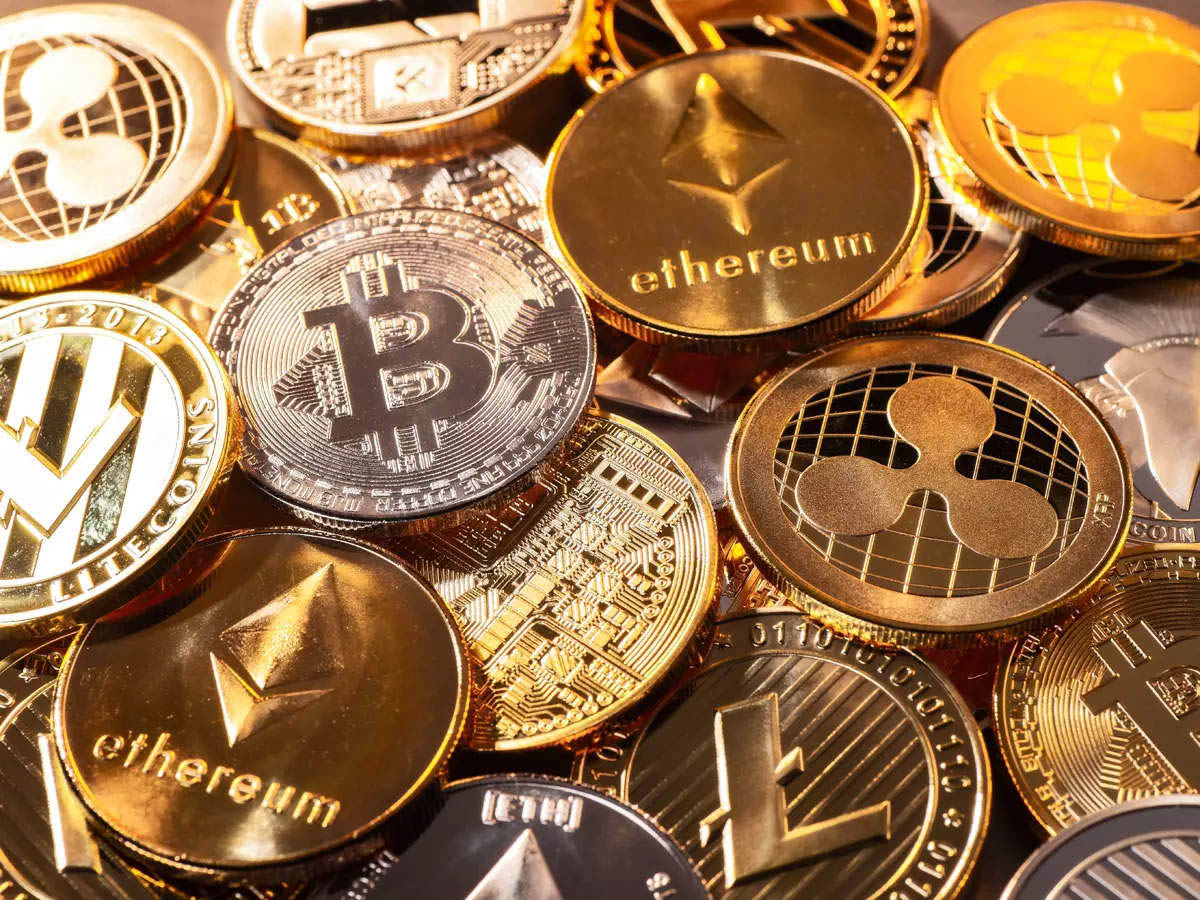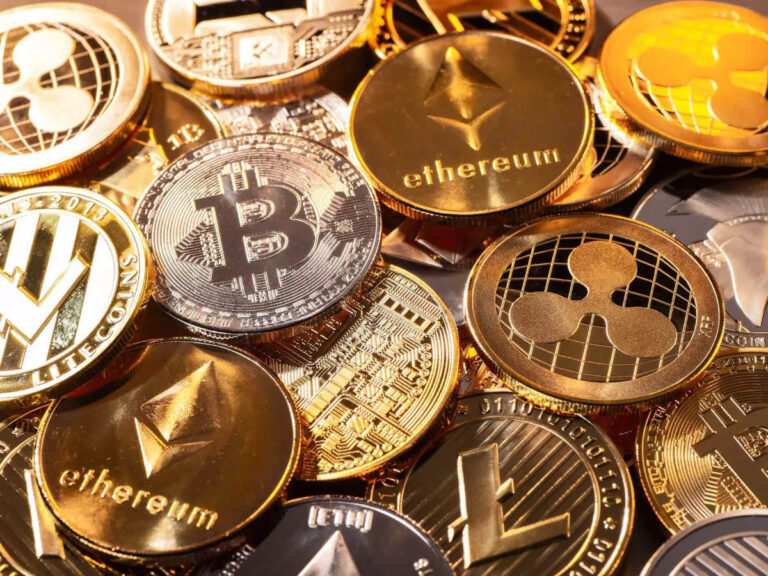
The transaction value for the global digital payments market was USD 7. 36 trillion in 2021, and it is projected to be worth USD 15. 27 trillion by 2027, registering a CAGR of 12. 38% from 2022 to 2027. The global nature of COVID-19 and its impact on e-commerce, therefore, is likely to encourage strengthened international cooperation and the further development of policies for online purchases and supply.
New York, June 13, 2022 (GLOBE NEWSWIRE) — Reportlinker.com announces the release of the report “Digital Payments Market – Growth, Trends, COVID-19 Impact, and Forecasts (2022 – 2027)” – http://www.reportlinker.com/p06030471/?utm_source=GNW
The pandemic has made it clear that e-commerce can be an essential tool/solution, especially considering the fact that e-commerce sales can support small and medium businesses that form the backbone for certain economies. This is expected to substantially spur the growth of digital payment methods across various economies.
Key Highlights
The global landscape of payments and transactions is changing rapidly, owing to the growing enterprises and consumer propensity toward digital transformation and the proliferation of smartphones. The technological advancements in smartphones, digital payment cards, and POS at retail terminals are fueling the market’s growth. Furthermore, the rapid rise in smartphone penetration across emerging economies, primarily in the Asia Pacific region, is expected to impact market growth positively. Additionally, the introduction of mobile wallets across the world, wherein a consumer is asked to add money to the application and use it later within or outside of the merchant (if applicable), is rapidly propelling the adoption of digital payment services.
Even though card-based transactions command a significant share of the non-cash transactions market, which stood at 72% in 2020 (Capgemini), the growth is stagnating with the emergence of local and regional schemes, such as EuPay, EPI, Verve Card, etc., which are challenging the card market across the world.
Governments are taking the initiative for the digital payment solution. For instance, in August 2021, Indian Prime Minister Shri Narendra Modi launched the digital payment solution e-RUPI, a person and purpose-specific digital payment solution. e-RUPI is a cashless and contactless instrument for digital payment.
Moreover, emerging economies and developing countries worldwide are observing prominent growth rates in the adoption of mobile payments, not only due to ease of performing transactions or penetration of smartphones but also because of the financial inclusion features offered by the technology.
The increase in international trade, internationalization of production, and cross-border e-commerce suggest that demand for digital cross-border payments will continue to grow globally. However, digital payments from one country to another might prove to be costlier, slower, and less transparent than domestic payments due to the complexity involved in the procedure. This might hinder the growth in the adoption of digital payments for cross-border transactions amongst the enterprises in the region, especially small and medium-sized businesses.
According to American Express, cardholder spending has been hit severely due to COVID-19. With businesses expanding contactless payment options to invite customers, the contactless feature is observed to become a USP for businesses across the globe. Owing to such developments, banks worldwide are expected to partner with mobile payment providers to expand their banking services.
However, the acceptance of digital payment methods is expected to improve post-COVID-19 and play a more vital role in the long term. The spread of the COVID-19 pandemic has encouraged the adoption of digital payments in Singapore, especially after launching a common QR code standard. Additionally, London-based Rapyd, a global FinTech as a Service company, announced a new Solidarity Programme to help Singapore businesses quickly accept payments online with no fees until the end of June, enabling them to serve customers staying at home. This will ensure that real-time payment methods such as PayNow and FAST get accepted more quickly.
Key Market Trends
Retail Industry to Drive the Market Growth
The payment market is changing in line with consumer behavior. A few trends affecting the payment market are the cashless economy, mobile banking, instant payments, digital commerce, and the growing impact of regulatory agencies.
Contactless payments also make the payment process easier and are more convenient for consumers, who benefit from shorter lines, cash-on-hand issue elimination, and faster moving queues.
The Asia Pacific region is anticipated to witness significant growth in the market studied as countries, such as China and India, adopt the digital mode of payment using digital and mobile wallets. The ubiquitous mobile devices, advanced digital infrastructure, and the growing usage of apps drive digital/mobile wallets, which are growing rapidly in the Asia-Pacific region. According to the global payment report 2020, digital and mobile wallets account for 58% of regional e-commerce payments and are expected to reach 68.2% by 2023.
Further, the e-commerce sector is witnessing a spike in demand as consumers are ordering essential items such as food clothes, among others, through e-commerce websites where most of the consumers prefer the digital mode of payment. According to the Reserve Bank of India’s (RBI) digital payments index (DPI), which was launched in January 2021 to indicate the extent of digitization of payments in India, shows that the index for September 2021 stood at 304.06 against 270.59 in March. This indicates the rapid adoption and deepening of digital payments across the country.
North America to Account for the Most Significant Share
Digital payment is expected to be the preferred mode of payment for citizens across the US. For instance, 41% of all shoppers in the country expect their smartphone or tablet to become their most important shopping tool’ (Capgemini Estimates). Moreover, digital payment is the preferred mode of payment among millennials.
E-commerce sales in the country are also increasing, with the improvement of the digital payment experience. This increase further reflects consumers’ increasing comfort with online shopping, along with the increasing use of mobile and hand-held devices.
Moreover, Google has pushed the UPI model of digital payments for the US Fed. Infibeam Avenues Ltd, digital payment solutions and enterprise software platform provider, announced that it had made inroads into the United States, the world’s second-largest digital payments market by revenue.
In addition, the COVID-19 pandemic has resulted in an increase in digital payments in the United States. For instance, San Francisco-based AppsFlyer, a software-as-a-service (SaaS) mobile analytics and attribution platform, reports a 22% increase in in-app purchases during the month of March 2020.
Also, in February 2022, Apple announced plans to introduce Tap to Pay on iPhone. The new capability intends to empower millions of merchants across the US, from small businesses to large retailers, to use their iPhone seamlessly and securely to accept Apple Pay, contactless credit and debit cards, and other digital wallet payments through a simple tap to their iPhone with no additional hardware or payment terminal.
Competitive Landscape
The Digital Payments Market is moderately concentrated. The competitive rivalry in the market studied is moderate, as a good number of players prevail. Despite several companies in the market studied, firms are required to keep innovating their products to gain a sustainable competitive edge over their rivals and provide product differentiation.
September 2021 -Mastercard extended its capabilities deep into the field of digital assets with an agreement to acquire CipherTrace, a leading cryptocurrency intelligence company with insight into more than 900 cryptocurrencies. The integrated offering will build on CipherTrace’s suite of digital assets and Mastercard’s cyber security solutions to provide businesses with greater transparency to help identify and understand their risks and help manage their digital asset regulatory and compliance obligations.
March 2021- Paytm announced that it will let merchants use smartphones to accept near field communication (NFC)-based debit and credit card payments through its ‘Paytm Smart POS’for for Android phones.
Additional Benefits:
The market estimate (ME) sheet in Excel format
3 months of analyst support
Read the full report: http://www.reportlinker.com/p06030471/?utm_source=GNW
About Reportlinker
ReportLinker is an award-winning market research solution. Reportlinker finds and organizes the latest industry data so you get all the market research you need – instantly, in one place.
__________________________
CONTACT: Clare: clare@reportlinker.com US: (339)-368-6001 Intl: +1 339-368-6001

![]()
